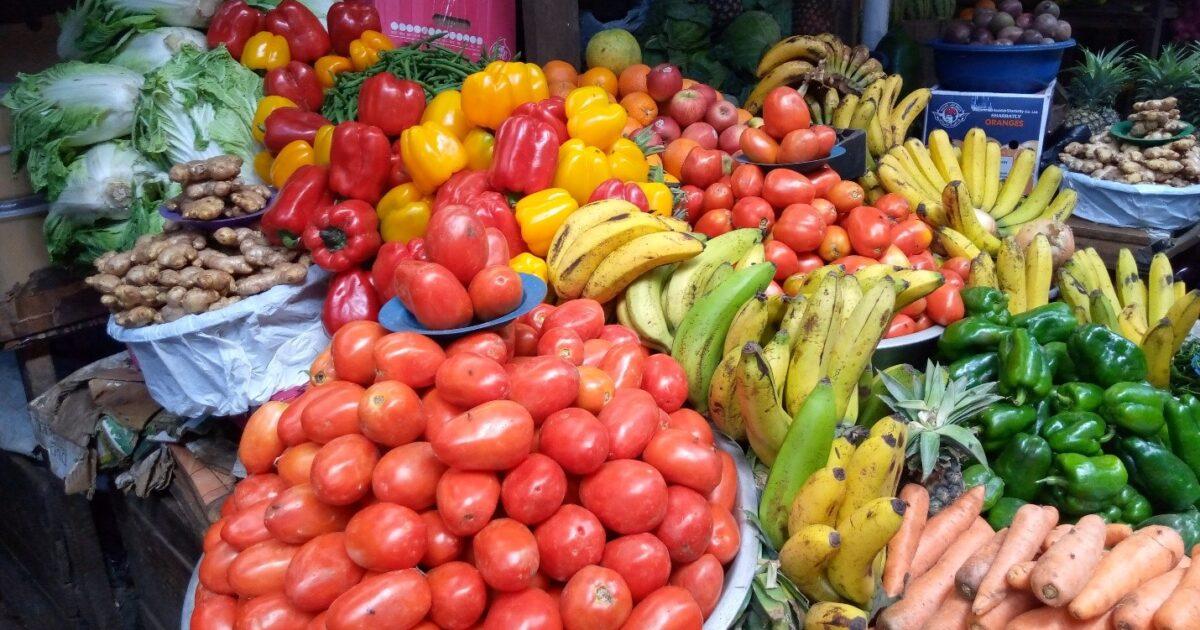Africa-Press – South-Sudan. Prices of commodities in the market around Juba have remained relatively low since the beginning of the year, according to the traders Despite a minor drop after Christmas, most traders who spoke to The City Review’s end-of-month spot check on the market yesterday said market prices have been constant since the start of the year.
Marry Agua, one of the traders at Konykonyo freedom market, told The City Review exclusively that prices of items have been consistent for nearly three months for the first time since the onset of the economic crisis.
She said prices have been stable since December 2021 with some decline slight decline. “I believe that someone can agree with me that food prices have been kept low. They had not been raised since they were reduced after Christmas, despite reports of a fuel shortage a few weeks ago,” she said.
“Of course, I have been selling fruits here for a while, and I know that if one of us increases, it signals something has missed in someplace,” she said.
Meanwhile, Ahmed Hassen, a trader who operates a shop in Konykonyo main market, also confirmed that prices have been stable unlike in the previous years.
“We have not increased the prices of our goods, even since last year, we have been selling at the old prices, although sometimes some people increase the prices, it only happened with a few categories of some commodities like fuels and others, but most of them remain the same,” he stressed.
“Even these days, when the dollar rate goes up, you will find that most businesspeople maintain the prices, and that is what I realized from our colleagues.” Mr. Hassen said.
Lokadi Sam, a wholesaler at Custom Market, said the communities have not been hiking as much as they used to since wholesalers have not also raised their prices.
“How will they increase the prices when they buy from us cheaply?” Since the government is implementing some of the agreements signed between traders, especially high taxation on traders, in many places,” he said.
He predicted that if things continue as they are, the country will see a significant decline in commodity prices in the next few months unless something goes wrong. The majority of market prices stayed unchanged from January. However, some were cut or increased somewhat.
For example, according to The City Reviews’ most recent study, a bag of 50 kg of white sugar costs SSP28,000, a bag of 50 kg of brown sugar costs SSP15,000, and a kilogram costs SSP600.
Meanwhile, 50 kg of wheat flour costs SSP 16,000, while 50 kg of maize flour costs SSP 12,000. Whereas, 5 litres of cooking oil cost SSP5,000, whereas 3 litres cost between SSP3,000 and SSP2500, and 20 litres cost SSP13,000. The black-market exchange rate of the dollar has remained constant between SSP 40,000 and SSP 42,000 at $100.
For More News And Analysis About South-Sudan Follow Africa-Press






